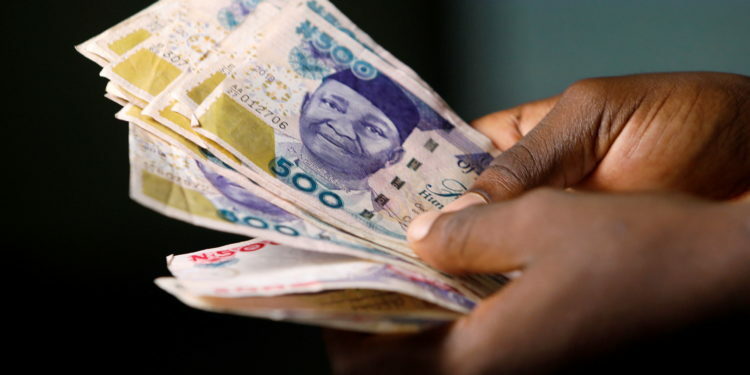Nigeria has officially restricted large cash withdrawals from banks beginning Monday, January 9th, to reduce inflation.
The citizens will be limited to withdrawing 44 dollars per week per individual and $11,000 for businesses. This policy will likely affect millions of people, particularly businesses and those engaged in high-risk activities.
The authorities’ stated goal is to limit the number of banknotes in circulation to control illicit financial flows and corruption and modernize the payment system through digital money transfers, mobile money, or the e-naira, the digital naira intended for businesses.
“As far as we’re concerned, Nigeria will become a full non-cash economy by March 1, 2023. As a consequence, any Govt official that withdraws even one Naira cash from any public account from March 1 will be investigated & prosecuted.”— Nigerian Financial Intelligence Unit (NFIU).
Finally, the goal is to improve inflation control. However, as economists point out, the amount of cash in circulation accounts for only 6% of the total money supply.
They argue that inflation would be lower if the government repaid the Central Bank’s massive debt, which, according to the country’s press, amounts to $48 million.
Read Also: Nigeria Looks into Banning Cash Withdrawals From Government Accounts




